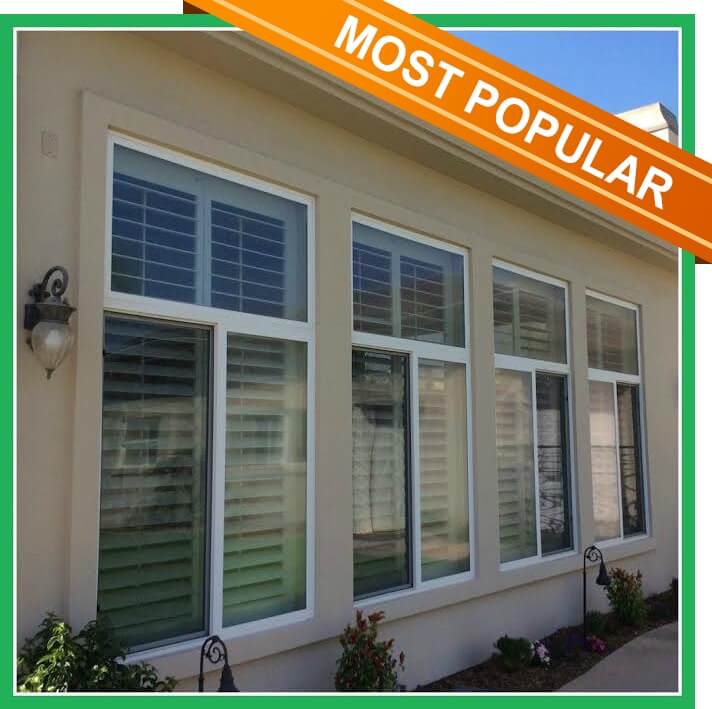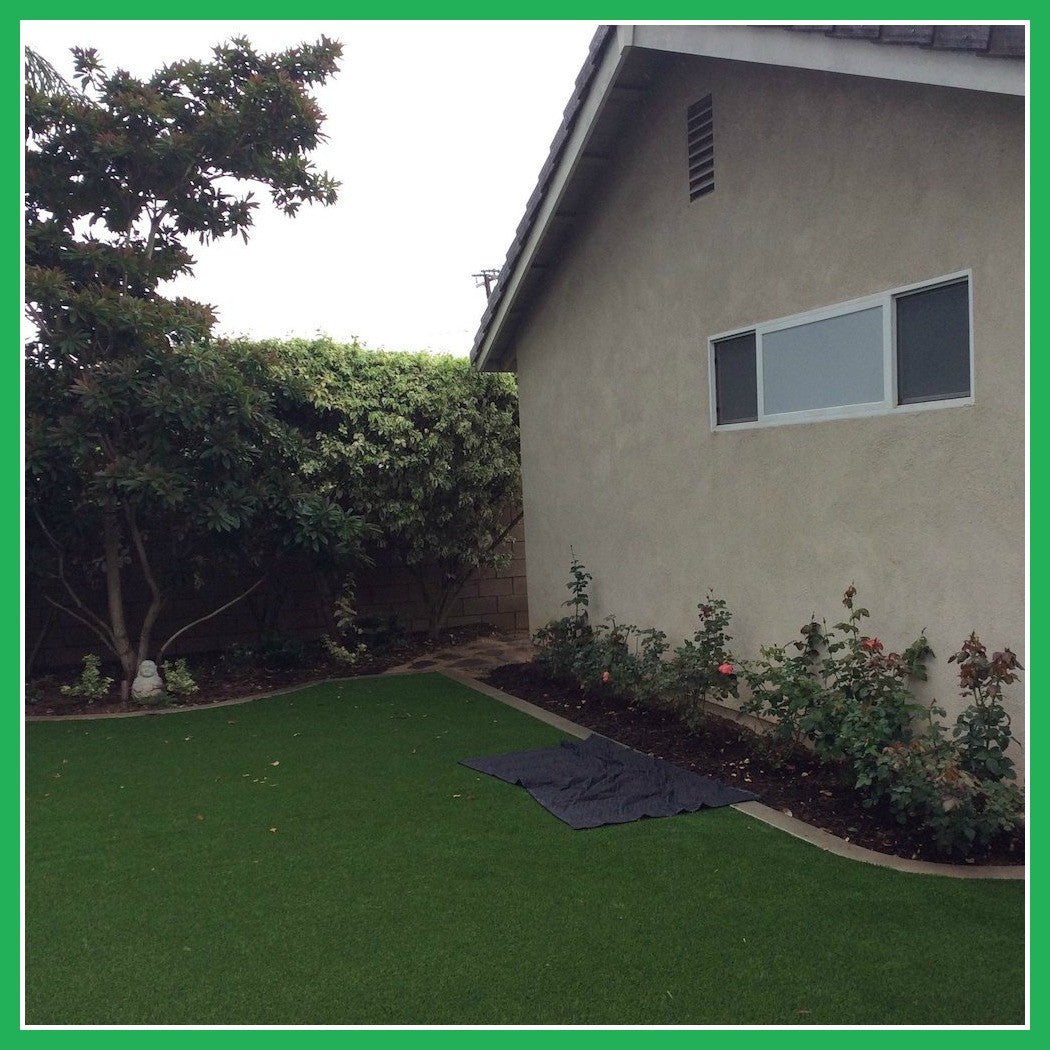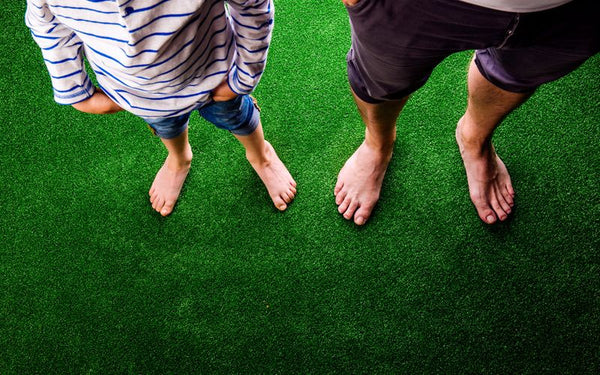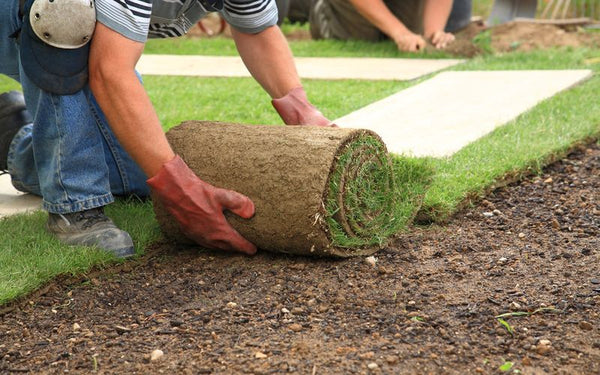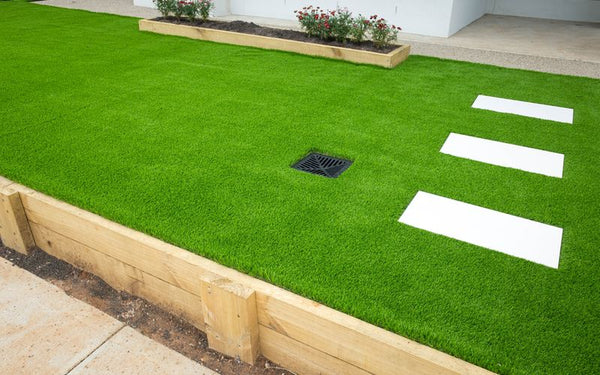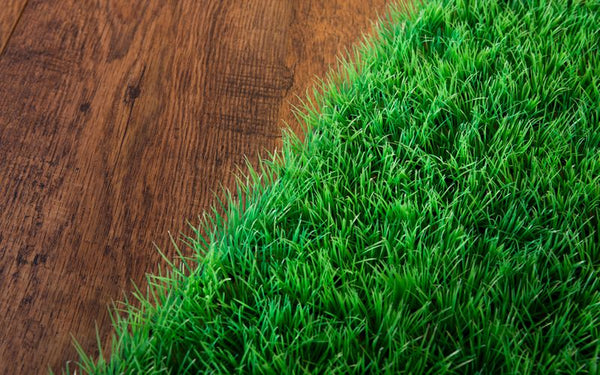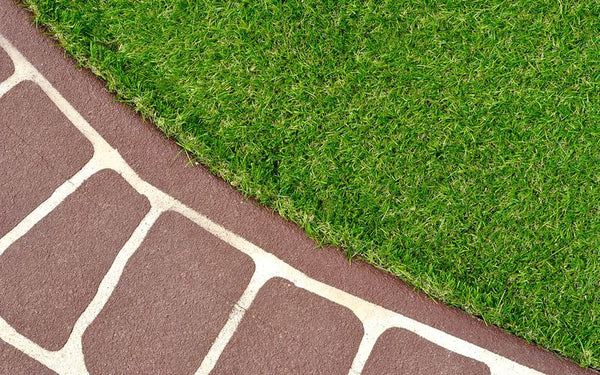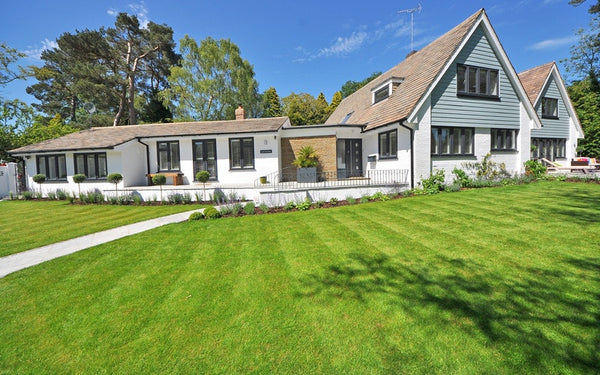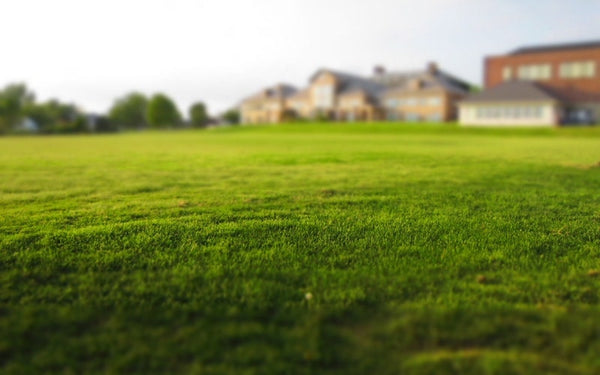How to Prevent Vinyl Siding from Melting
Vinyl siding is a great building material for myriad reasons. It's affordable, versatile, comes in all sorts of colors and textures, and it can handle most weather and conditions well. But there's one condition vinyl can't handle well, and that's extreme heat. Vinyl siding that's too near a grill, outdoor heater, or other source of elevated heat can melt and buckle, looking poorly and not working as well as an insulator and to block water incursion. But how cab vinyl siding not subject to these and other heat sources melt?
Melted Vinyl Siding Caused by Reflected Sunlight
The sun's direct glare might not be hot enough to melt vinyl siding, but when sunlight is bounced off energy efficient windows, it can become concentrated into beams hot enough to melt and distort the vinyl siding in their pathway. To protect your home against vinyl melting caused by sun glare, you should consider getting Turf Guard Window Film applied to your low-e energy efficient windows.
Heat Reflecting Windows Can Melt Neighbors Vinyl Siding
Even if your energy efficient windows are not oriented such that they could possibly melt the vinyl siding on your home, you may still need to consider Turf Guard Window Film for your low-e windows if your nearby neighbors have vinyl siding on the walls of their property. Avoid an awkward and potentially costly issue by stopping vinyl walls melting by using anti glare window film before the problem is created.

